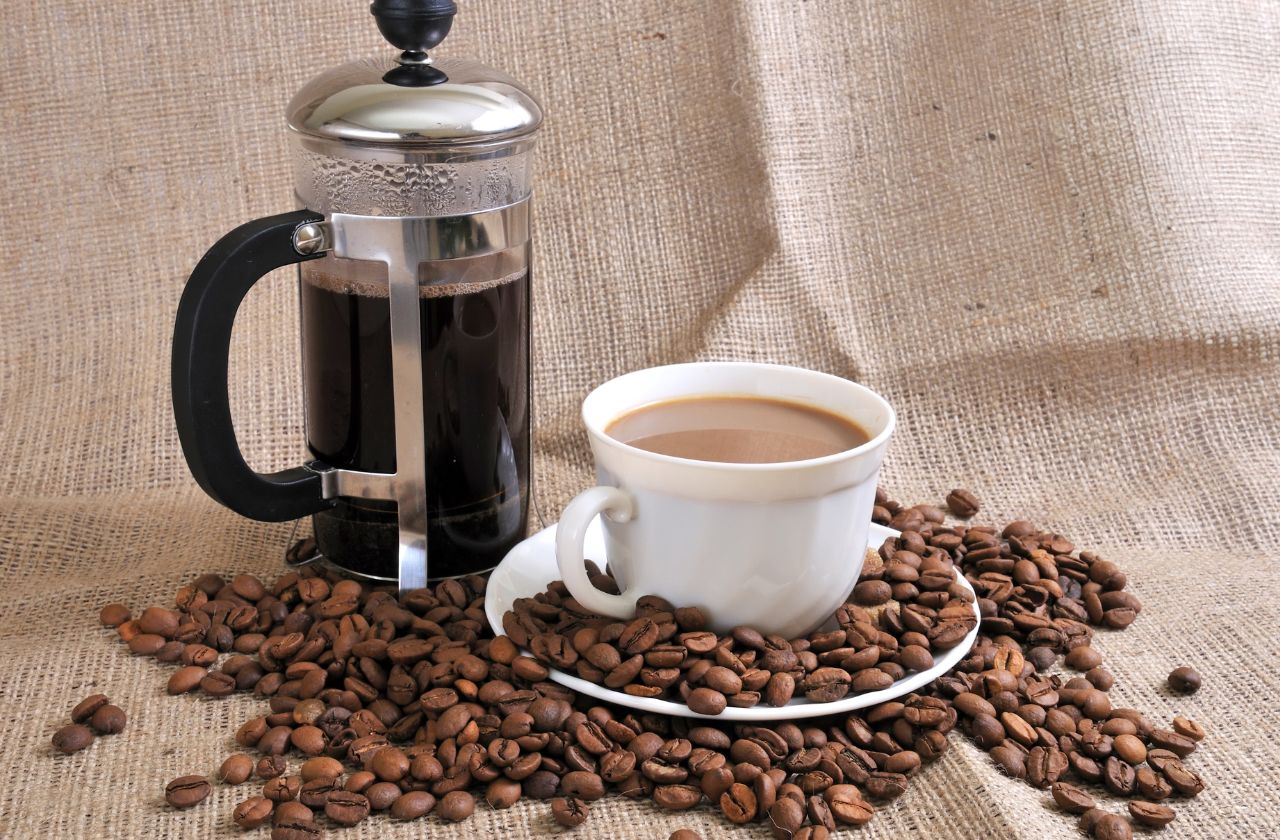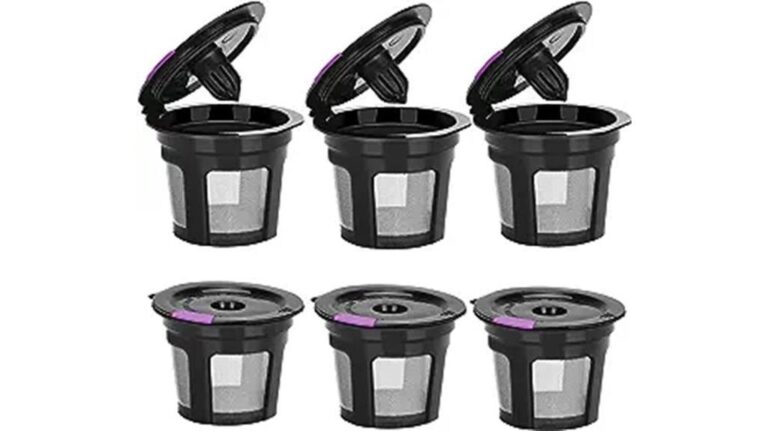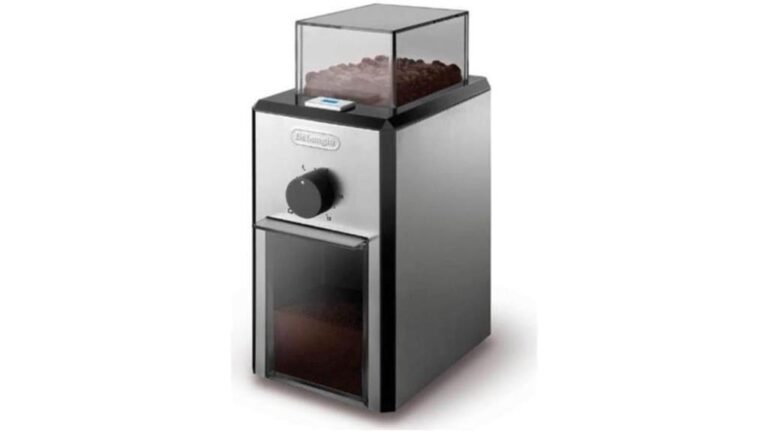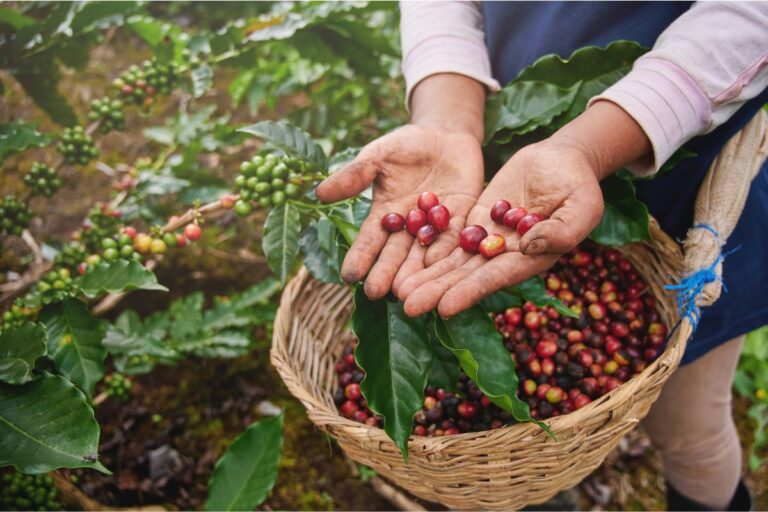Best Coffee For French Press
For coffee enthusiasts, French press brewing is often considered one of the best and fastest ways to extract the rich flavor and aroma from coffee beans. Does it matter what coffee you use in a French press, and what is the best coffee to use in a French press?
The best coffee for a French press brew is coffee beans with low acidity and full-bodied, bold flavors to support the coarse grind needed for this coffee brewing method. Arabica beans are the best beans to use, but blends that include Robusta beans for a little extra bitterness are also popular.
While the French press method is relatively easy to master, the quality of the coffee used is critical to achieving the best results. We will explore the characteristics of coffee best suited for French press brewing and recommend some of the best coffee brands to use. The method of making French press coffee is also important for making the perfect cup of coffee every time.
What Is The Best Coffee To Use In A French Press?
The French press, which is also called a press pot or plunger pot, is a convenient, simple, but effective brewing method that has been around since the late 19th century.
The French press consists of a cylindrical glass or stainless steel container with a plunger and a mesh filter. The coffee is brewed by steeping the coarsely ground coffee in hot water for a few minutes, then pressing down the plunger to separate the brewed coffee from the grounds.
The type of coffee used in your French press can make the difference between a perfect cup of coffee and a weak brew that tastes like dirty dishwater!
It is not only the type of coffee but also the grind and the brewing process that can make or break your French press coffee!
Characteristics Of Coffee For French Press
Regarding French press brewing, not all coffee beans are created equal. Certain characteristics are essential for coffee beans to produce a delicious cup of French press coffee. I have listed some of the key characteristics of coffee that work well with the French press method.
- Coarse grind. Unlike drip coffee makers, which require finely ground coffee, the French press requires a coarser grind. The coarse grind allows for a slower extraction process, which results in a fuller and richer flavor.
- Full body. French press coffee should have a full-bodied flavor, which means that it should feel thick and rich in your mouth. This is achieved by using beans with higher oil content and a darker roast.
- Bold flavor. The boldness of the flavor in French press coffee comes from the combination of coarsely ground coffee and the longer steeping time. The longer steeping time allows the coffee to release its full flavor potential.
- Low acidity. French press coffee should have a low acidity level to prevent the coffee from tasting sour or bitter. Beans that are low in acidity, such as Brazilian or Sumatran beans, are ideal for French press brewing.
By selecting coffee beans with these characteristics, you can ensure that your French press coffee is bold, full-bodied, and has a rich flavor.
Types of Coffee Beans For French Press
When selecting coffee beans for French press brewing, there are several types from which to choose. Each type of bean has its own unique flavor profile, which can significantly affect the taste of your coffee. Below are some of the best coffee beans I can recommend that will give you excellent results for French press brewing.
- Arabica beans. Arabica beans are one of the most popular types of coffee beans and are widely used for French press brewing. They are known for their delicate and complex flavors, low acidity, and subtle sweetness. Arabica beans are typically grown at high altitudes, which contributes to their unique flavor profile.
- Robusta beans. Robusta beans are often included in espresso blends but can also be used for French press brewing. They have a more robust and earthy flavor, with a somewhat higher caffeine content than Arabica beans. Robusta beans also taste slightly bitter, making them ideal for blending with other beans.
- Single-Origin beans. Single-origin beans are beans grown in a specific region and have a distinct flavor profile unique to that area. They are often more expensive than blends but can produce exceptional French press coffee. Single-origin beans are best for those who want to experience the unique flavors of a particular region.
- Coffee blends. Blends are made up of two or more types of coffee beans and are designed to create a unique flavor profile. Blends are often used for French press brewing because they can produce a well-balanced cup of coffee with a variety of flavors and aromas.
When selecting coffee beans for French press brewing, it’s important to choose high-quality beans that are fresh and have been roasted recently.
Beans that are too old or have been roasted for too long can lose their flavor and aroma, resulting in a less-than-perfect cup of coffee.
Best Coffee Brands For French Press
Countless coffee brands are available, making it difficult to choose the best one for French press brewing. Below are some of the best coffee brands I have found that works extremely well for French press brewing based on their flavor profile, freshness, and overall quality.
- Death Wish Coffee Company. Death Wish Coffee Company is known for its strong, bold coffee that packs a punch. Their beans are organically grown and sustainably sourced, making them an excellent choice for eco-conscious coffee drinkers.
- Stumptown Coffee Roasters. Stumptown Coffee Roasters is a specialty coffee company that produces high-quality beans that are ideal for French press brewing. They offer a variety of blends and single-origin beans, each with a unique flavor profile.
- Blue Bottle Coffee. Blue Bottle Coffee is a specialty coffee company that is known for its exceptional coffee beans and unique brewing methods. They offer a range of single-origin beans and blends, all of which are roasted in small batches to ensure freshness.
- Intelligentsia Coffee. Intelligentsia Coffee is a specialty coffee company that sources beans from all over the world. They offer a variety of blends and single-origin beans, each with a unique flavor profile. Their coffee is roasted to order, ensuring it’s fresh and flavorful.
When choosing a coffee brand for French press brewing, it’s important to consider the roast level, freshness, and flavor profile.
Opt for a brand that uses high-quality beans and roasts them to perfection, and don’t be afraid to experiment with different blends and single-origin beans to find your perfect cup of coffee.
How To Brew French Press Coffee
Now that you’ve selected the best coffee beans for French press brewing, it’s time to brew a delicious cup of coffee. The following are my top tips for making great French press coffee.
- Get the water ready. Heat water to boiling point and let it cool for 1-2 minutes to ensure that it’s at the optimal temperature of 195-205°F (90-96°C).
- Grind the coffee beans. While the water is heating, grind the coffee beans to a coarse consistency. Use a burr grinder for the best results.
- Preheat the French press. Preheating your French press by letting it stand for a minute or two with hot water in it before adding the coffee grounds can help maintain the temperature of the coffee. Pour out this water before adding the coffee grounds.
- Place ground coffee in the French Press. Drop the coffee grounds into the French press. Use 1 gram of ground coffee for every 15 milliliters of water.
- Pour in the water. Pour the hot water into the press over the coffee grounds, making sure to saturate them completely. Use a spoon or stirrer to gently stir the coffee, ensuring that all the grounds are evenly saturated.
- Cover the coffee. Place the lid on the French press but do not press down the plunger.
- Steep the coffee. Allow the coffee to steep for 4-5 minutes.
- Plunge the coffee. After 4-5 minutes, slowly press down the French press plunger to separate the coffee grounds from the liquid.
- Let the grounds settle. Wait another 2 minutes to let the grounds settle at the bottom of the plunger.
- Pour the coffee. Pour the coffee slowly into a mug to avoid disturbing the grounds at the bottom of the plunger, and enjoy your expertly prepared French press coffee!
It’s essential to note that French press coffee is best enjoyed immediately after brewing. Leaving the coffee in the French press for too long can result in over-extraction, which can make the coffee taste bitter or sour.
If you have leftover coffee, transfer it to a thermal carafe to keep it warm and prevent over-extraction.
Selecting the best coffee beans for French press brewing, choosing a high-quality coffee brand, and following the right brewing technique will help you achieve the perfect cup of French press coffee.
With a little practice, experimentation, and tasting, you can create a coffee that’s bold, full-bodied, and rich in flavor.
Conclusion
French press coffee is a classic and beloved way to brew coffee that produces a rich, full-bodied cup with a depth of flavor. This brewing method is fast, effective, and convenient. Choosing the right coffee beans, grinding to the right consistency, and following the proper brewing technique are all essential steps to making a delicious cup of French press coffee.
The coffee bean type can also play a significant role in the taste of the coffee, so it’s worth experimenting with different varieties to find the perfect match for your taste buds. With a little patience, practice, and experimentation, you’ll soon be savoring the delicious, full-bodied flavors of French press coffee in the comfort of your own home.






